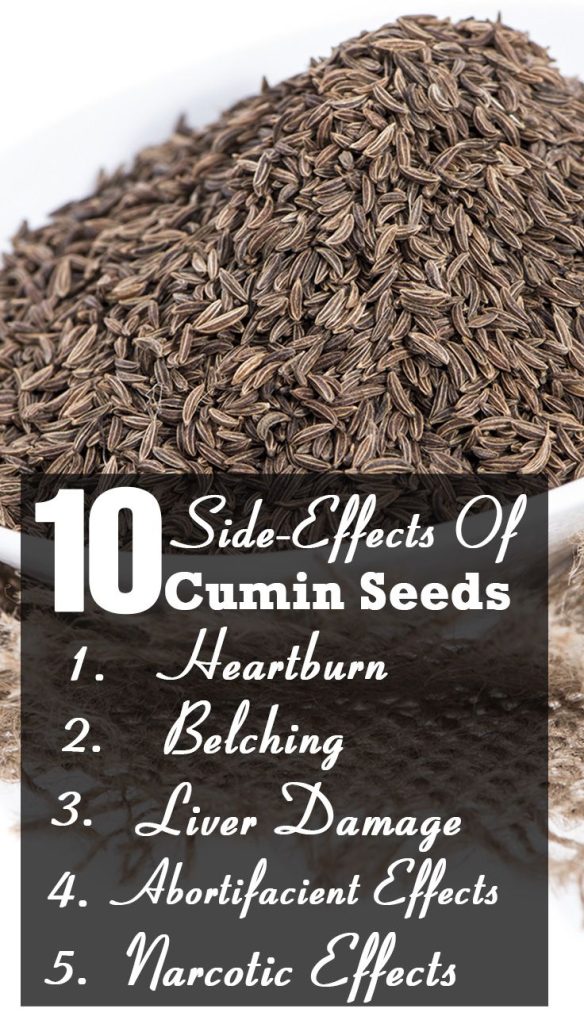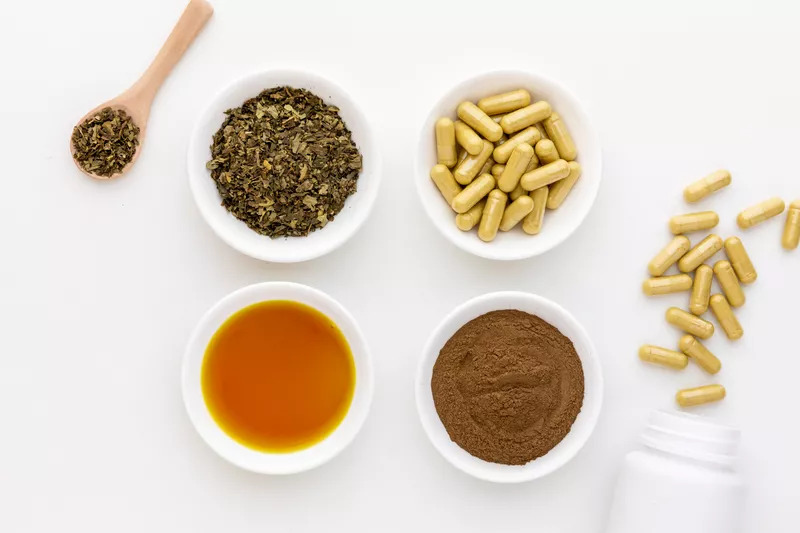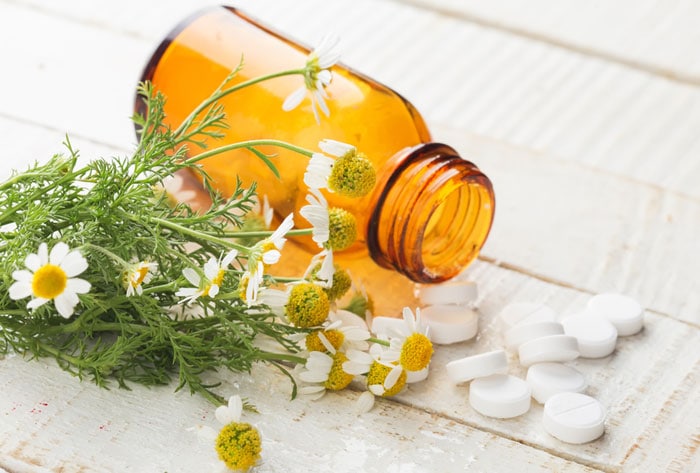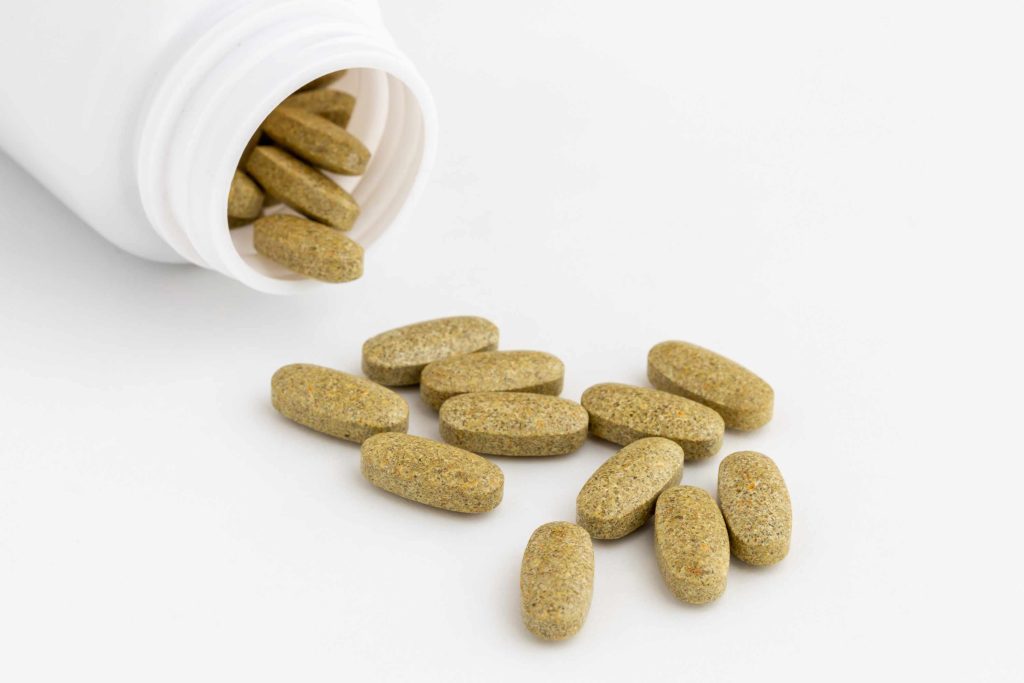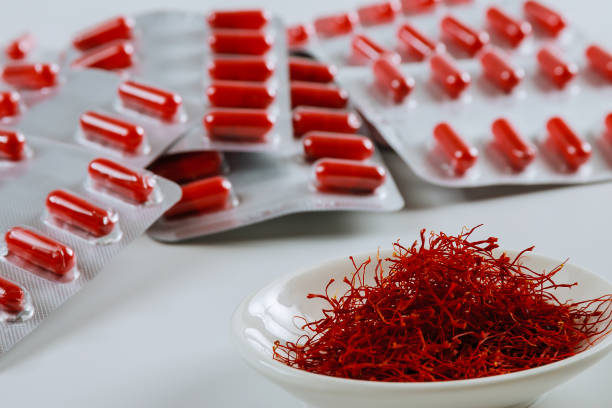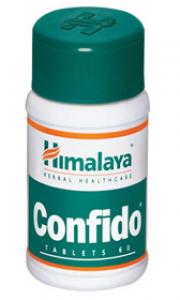Who must not consume Cardamom and its supplement?
Cardamom Interaction with Drugs
Interaction of a substance generally refers to a potential risk that could develop inside the human body when two or more drugs, products, or medical conditions, interact with one another in a negative manner that could result in certain unwanted health conditions.
Natural products such as Cardamom are generally considered safe when taken in food amounts but might be harmful when consumed as a medicine amount like supplements. If an individual is medicating with certain medical drugs to treat any condition, there might be a possibility of interaction between those drugs and this herb or its supplement.
Currently, there is no information regarding interaction of cardamom with any medical drug. However, it is advisable to discuss all the medicines that an individual might be taking before consuming cardamom.
Precautions and warnings before using Cardamom
Although being a natural herb that is used for a number of medical applications, there are certain medical conditions in a human body in which intake of Cardamom must be limited or avoided in order to prevent complications. Interference of this herb could result in worsening of certain medical conditions or might cause other unwanted conditions. Such medical conditions includes:
- Pregnancy– Consuming Cardamom is likely to be unsafe during pregnancy. It acts as a natural hormone that could be harmful. Therefore, it is advisable to avoid consuming Cardamom during pregnancy.
- Breastfeeding– Cardamom is generally safe when consumed in a food amount. There is not enough evidence regarding safety of mother or nursing child while breastfeeding and consuming cardamom. Therefore, it is advisable to avoid using this herb during breastfeeding.
- Gallstone– People dealing with gallstone must avoid consuming cardamom greater than typical food amounts. The seeds in cardamom could trigger gallstone colic.
Side effects of using Cardamom
Interaction of Cardamom with several medical drugs, overdose, or no precautionary actions against several medical conditions might cause certain unusual or allergic side effects and conditions in a human body.
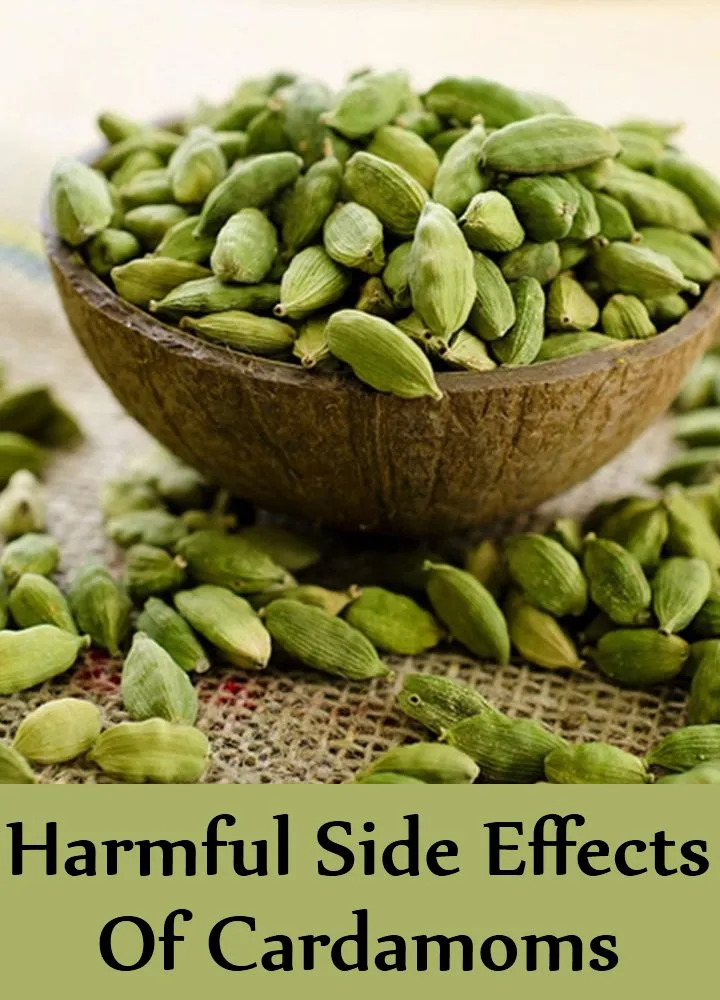
Currently, there are no reports of side effects associated with cardamom when consumed as a natural spice or as a supplement. Also, its potential side effects are still unknown Therefore, it is advisable to inform a doctor if an individual notices any medical condition caused by cardamom consumption.
Side effects that may associate with cardamom are:
Overview:
- There could be several drugs or medical copndition that interacts with cardamom which must be discussed before medicating with cardamom supplements.
- Medical condition such as pregnancy, breastfeeding, and gallstone might interact with cardamom supplement. Discuss all the risks with your doctor before using it.
- Currently, there are no reports of side effects associated with cardamom when consumed as a natural spice or as a supplement. However, it is advisable to inform a doctor if an individual notices any medical condition caused by cardamom consumption.
REFERENCES:
- https://www.healthline.com/nutrition/cardamom-benefits#TOC_TITLE_HDR_10
- https://www.medicalnewstoday.com/articles/326532#_noHeaderPrefixedContent
- https://www.britannica.com/plant/cardamom
- https://www.webmd.com/vitamins/ai/ingredientmono-614/cardamom
- https://www.1mg.com/ayurveda/cardamom-31
- https://www.rxlist.com/cardamom/supplements.htm
For more details, kindly visit below.
